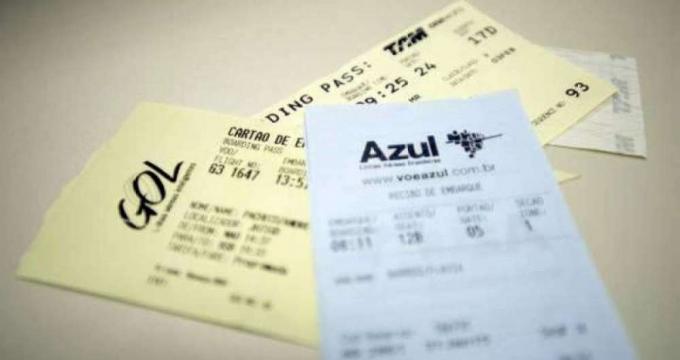When we talk about the Petroleum, many people have the erroneous impression that this substance only appeared in history with the advent of the Industrial Revolution. However, since Antiquity we have reports that tell us about the existence of this material in some civilizations. The Egyptians used this material to embalm their dead, while among pre-Columbian peoples this same product was pioneered in paving roads.
In Brazil, the existence of oil was already computed during the times of the imperial regime. At that time, the Marquis de Olinda ceded the right to José Barros de Pimentel to extract bitumen on the banks of the Marau River, in Bahia. Until the first decades of the 20th century, some anonymous scholars and explorers tried to drill some oil wells without success. However, in 1930, the agronomist Manoel Inácio de Basto changed this situation.
Based on popular accounts, he learned that residents of Lobato, a suburban neighborhood in Salvador, used “black mud” as fuel for their lamps. Instigated by this news, he carried out tests and experiments that attested to the existence of oil in that location. However, he had no influential contacts who could invest in his discovery. Persistent, in 1932, he managed to deliver to President Getúlio Vargas a technical report attesting to his findings.
In that same decade, the discovery of important wealth was surrounded by a series of institutional measures taken by the Brazilian government. In 1938, the discussion on the use and exploitation of resources in the Brazilian subsoil made it possible to create the CNP - National Petroleum Council. In its first actions, the council determined several guidelines with respect to oil and determined that the deposits belong to the Union. The following year, the first oil well was found in the neighborhood of Lobato.
Soon after, new government prospecting went out in search of other oil fields throughout the Brazilian territory. In 1941, the Brazilian government announced the establishment of the oil exploration field in Candeias, Bahia. Despite the small-scale discoveries, the emergence of this new wealth encouraged, in 1953, the officialization of the monopoly state-owned company on oil activity and the creation of the state-owned company “Petróleo Brasileiro S.A.”, better known as Petrobras.
In the 1960s, new measures expanded Petrobras' level of action in the Brazilian economy. In 1968, the company started to develop an extraction project, starting the exploration of oil in deep waters. After the first discoveries, other prospecting significantly expanded Brazilian oil production. In 1974, wells were discovered in the Campos Basin, the largest oil reserve in the country.
Over time, Brazil became one of the only nations to master the technology of oil exploration in deep and ultra-deep waters. In 1997, during the government of President Fernando Henrique Cardoso, a law approved the extinction of the monopoly on oil exploration and allowed private sector companies to compete in the activity. This measure aimed to expand the possibilities of using this wealth.
In 2003, the discovery of other basins established a new period of oil activity in Brazil. The oil production capacity now supplies more than 90% of the demand for this source of energy and its derivatives in the country. In 2006, this production volume reached even higher levels and managed to exceed, for the first time, the value of total demand in our economy. The achievement of self-sufficiency allowed for the development of the economy and the increase in job vacancies.
In 2007, the Brazilian government announced the discovery of a new oil exploration field in the so-called pre-salt layer. These oil reserves are found at a depth of 7,000 meters and have huge oil wells in an excellent state of conservation. If the estimates are correct, this new exploration front will be able to double the volume of oil and gas fuel production in Brazil.
The discovery of the pre-salt still provokes several questions that will only be answered as soon as this new field of exploration is properly known. Until then, it is expected that the Brazilian government will be able to outline the policies that define the exploration of this new source of energy. Meanwhile, there are many speculations about how the exploration of the pre-salt layer could change the Brazilian economy and society.
By Rainer Sousa
Graduated in History
Brazil School Team
Source: Brazil School - https://brasilescola.uol.com.br/brasil/historia-do-petroleo-no-brasil.htm

